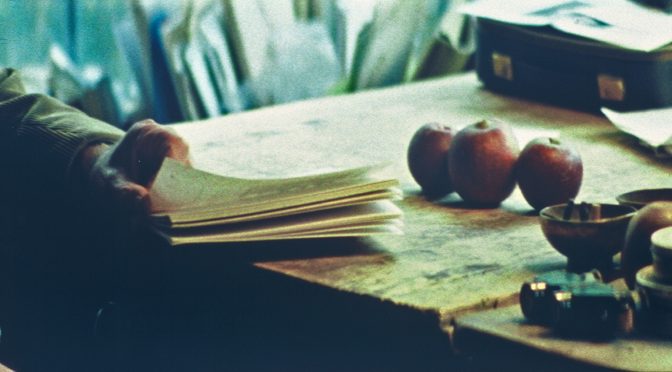This is the preliminary programme. Updates and minor changes will follow.

- This event has passed.
Session 4 – Memory Revisited 2
December 13, 2019 – 11:15 am – 12:45 pm
Joseph Ngoaketsi & Collence Chisita
Displaying Trauma: Representation and Narrative of the Historical Memory of Sharpeville Massacre, 1960
This paper seeks to explore the relationship between Sharpeville memory and history by drawing on the analytical discussion of representation, narrative, material culture and political contestations around the ownership of Sharpeville memory. The empirical focus is upon Sharpeville, a south African township whose name conjures up a brutal image of colonial apartheid for many people globally. By examining some aspects heritage commemoration and the ways in which this vast site of Sharpeville landscape and its material culture has been dealt with in the post-apartheid South Africa. The paper seeks to explore both the struggle with the materiality of the site and changing forms of memorialisation and commemoration of Sharpeville massacre 1960. It focuses on some of the post-apartheid dilemmas associated with the perceived agency of architecture, the sacralising and trivialising of space, the role and implications of musealisation, and the growth of a more reflective identity-health form of historical consciousness.
Mr. Joseph Ngoaketsi is doctoral student at the University of Witwatersrand researching aspects of Historical Memory, Distributive Justice and Heritage production and consumption within the Vaal region in South Africa. E- Mails : ngoaketsi@unisa.ac.za, 777744@students.wits.ac.za
Collence Chisita is Post-Doctoral Fellow at the University of South Africa School of Human Sciences Department of Information Sciences in South Africa. E- Mails: chisict@unisa.ac.za, chisitacollence@gmail.com
Alia Yunis
Shaping Collective Memory & Identity With Scheherazade
Writer and filmmaker Alia Yunis grew up between the US and Lebanon during its civil war. She had one superheroine: Scheherazade, the narrator of The Arabian Nights, a woman who understood the power of creating stories in order to survive, whether the stories were true or fantastical. Scheherazade has gone on to be a narrative device for many writers in the Middle East, all trying to explain the past: The Arabian tales Scheherazade told moved in and out of time and space, non-linear, like the memories of the Middle East today. Collective memories of the Middle East are built on so many generations of war, trauma and displacement that they have given people multiple identities to negotiate. For Alia herself, personalized memory, based on collective narratives, were the stories her mother and neighbors fed her on, her first Scheherazades. These women’s dark stories came with hope—I belief that the listener and her generation, unlike them, could fix the wrongs that were done in the past, much like Scheherazade saved her sister with her stories. In this presentation, Alia Yunis shares why putting our pasts into stories for others is how we make our memories true to ourselves and we hope for those listening —and how repeating or continuing the stories through contemporary storytelling helps us negotiate identity for ourselves and others. In the presentation, she will share from her own work and those of others who have embraced Scheherazade as their superheroine.
Alia Yunis, filmmaker/writer, has worked on projects on five continents, and has just completed The Golden Harvest, a feature documentary about a 6,000-year old love story, which is currently playing in festivals internationally. Alia spent many years in Los Angeles as a screenwriter and script analyst for companies such as Village Roadshow Pictures and Miramax. Alia is a PEN Emerging Voices Fellow, has been a top ten finalist Zoetrope Screenwriting Awards and the recipient of a comedy-writing award from Warner Bros. Her novel, The Night Counter (Random House 2010), was critically-acclaimed by the Washington Post, Boston Globe, Entertainment Weekly, and several other publications. Her fiction and nonfiction writings have appeared in numerous books, magazines and anthologies and have been translated into six languages. She is currently completing her PhD at the University of Amsterdam’s Amsterdam School for Heritage, Memory and Material Culture
